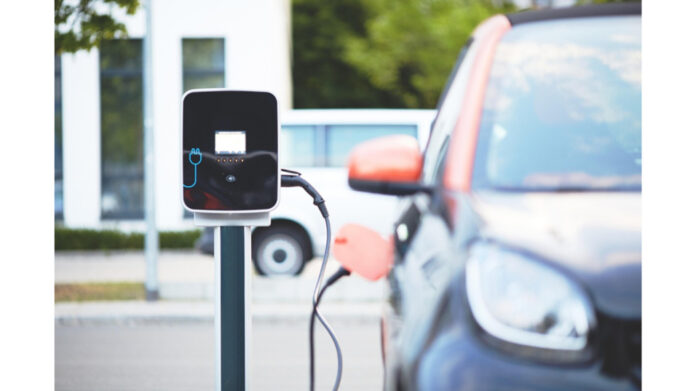The automobile industry is undergoing a major shift, with electric vehicles (EVs) driving the transition to a more sustainable future. As climate concerns rise, advancements in battery technology, infrastructure, and consumer interest are making EVs mainstream.
This blog post explores how EVs are reshaping the auto industry, from technological innovations to economic and environmental impacts.
Electric vehicles are at the forefront of automotive innovation, pushing the boundaries of what is possible with vehicle design and functionality. Unlike traditional combustion engine cars, EVs rely on electric motors powered by rechargeable battery packs, which results in a smoother, quieter driving experience. One of the most significant innovations in the EV space is the development of high-capacity lithium-ion batteries, which allow vehicles to travel further on a single charge.
This has been a major factor in addressing the “range anxiety” that many potential EV owners once experienced. EVs benefit from the ability to integrate cutting-edge technologies such as advanced driver-assistance systems (ADAS), autonomous driving features, and over-the-air software updates. As automakers continue to innovate, the future of electric vehicles looks brighter than ever.
The expansion of EV infrastructure is very important for the widespread adoption of electric vehicles. Governments, automakers, and private companies are heavily investing in charging stations, ensuring that drivers can conveniently power their cars at home, work, and public locations. Advances in EV charging tech, such as ultra-fast chargers and wireless charging, are significantly reducing wait times and enhancing convenience. Smart-grid integration is optimizing energy distribution, making charging more efficient and cost-effective.
With more strategically placed stations and innovations in battery technology, range anxiety is becoming less of a concern. As the network continues to grow, electric vehicles are evolving into a more practical and accessible option for everyday drivers, paving the way for a cleaner and more sustainable future.
One of the driving forces behind the rise of electric vehicles is their positive impact on the environment. EVs produce zero tailpipe emissions, making them a cleaner alternative to gasoline and diesel-powered vehicles. This reduction in harmful pollutants contributes to improved air quality, especially in urban areas, where traffic congestion and air pollution are major concerns.
EVs help reduce the overall carbon footprint by decreasing the reliance on fossil fuels. While the production of electric vehicles and their batteries still requires energy, many automakers are increasingly focusing on sustainable manufacturing processes, using renewable energy sources and recycling materials to minimize environmental impact. As more renewable energy sources, such as solar and wind, become integrated into the grid, the environmental benefits of EVs will continue to grow.
Over the past decade, consumer attitudes toward electric vehicles have undergone a significant transformation. At first, EVs were often viewed as niche products with limited range, high costs, and insufficient charging infrastructure. As automakers improve the design, affordability, and performance of electric vehicles, consumer demand has surged. Today, consumers are more environmentally conscious and willing to invest in products that align with their values, especially when it comes to reducing their carbon footprint.
Government incentives and rebates are making EVs more accessible to a broader range of buyers, further driving adoption. As EVs become more mainstream, they are no longer just a choice for the environmentally-conscious consumer but a practical option for families and individuals alike.
The rise of electric vehicles is having a profound impact on the global economy. The demand for electric vehicles has spurred job creation in various industries, including manufacturing, research and development, and charging infrastructure.
Automakers are investing heavily in electric vehicle production, with many major players such as Ford, General Motors, and Volkswagen committing to transitioning their fleets to electric. The EV supply chain is creating new business opportunities, from battery manufacturing to the recycling of electric vehicle components. The growth of the electric vehicle market is also contributing to the expansion of renewable energy industries, as the demand for clean energy to power EVs increases.
Electric vehicles are more than just a trend—they represent a fundamental shift in how we approach transportation. With technological advancements, a growing commitment to sustainability, and a shift in consumer preferences, EVs are redefining the auto industry. As we look to the future, the continued growth of electric vehicles will also contribute to a cleaner, more sustainable world. The road ahead may be full of challenges, but the potential for electric vehicles to revolutionize transportation and the economy is undeniable.
Blog received on email


